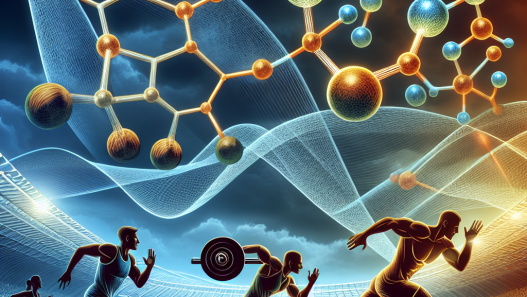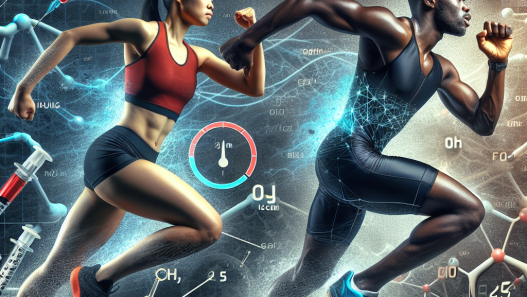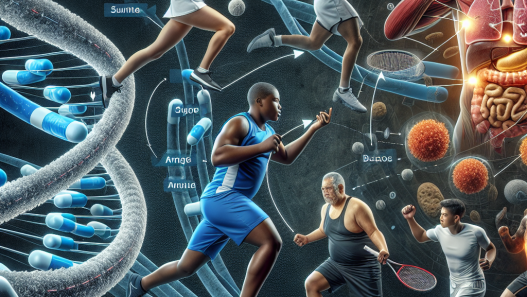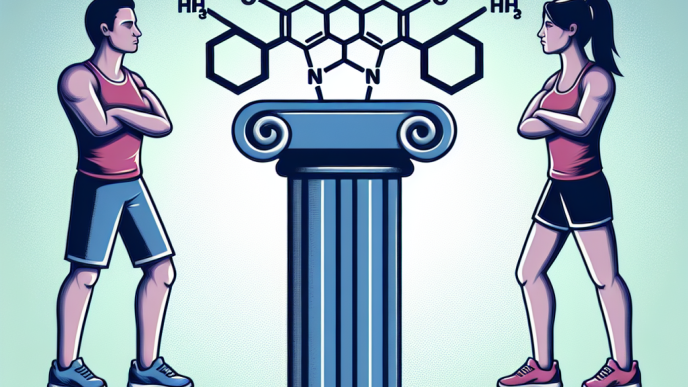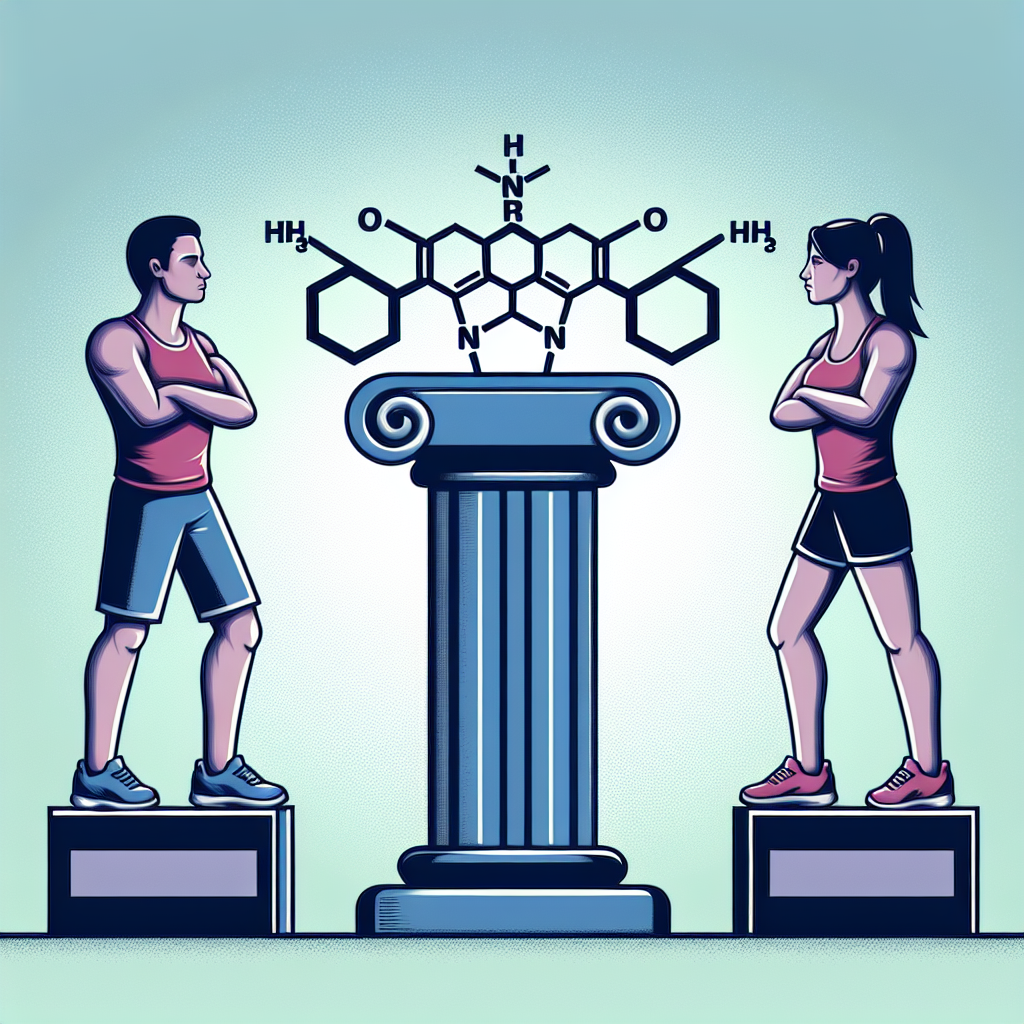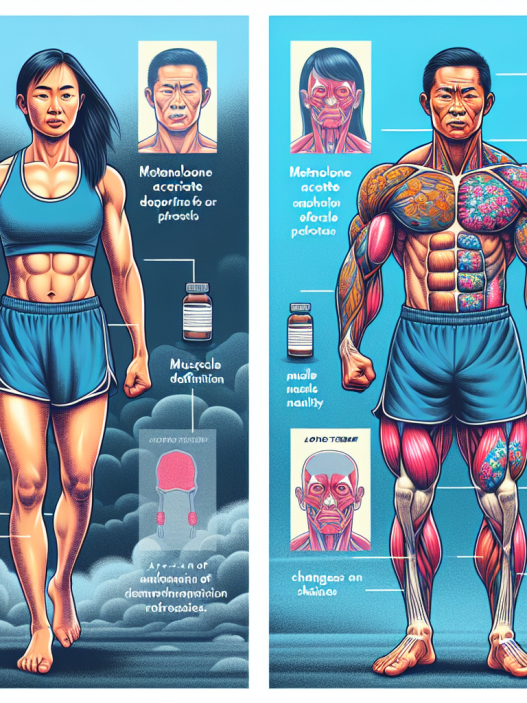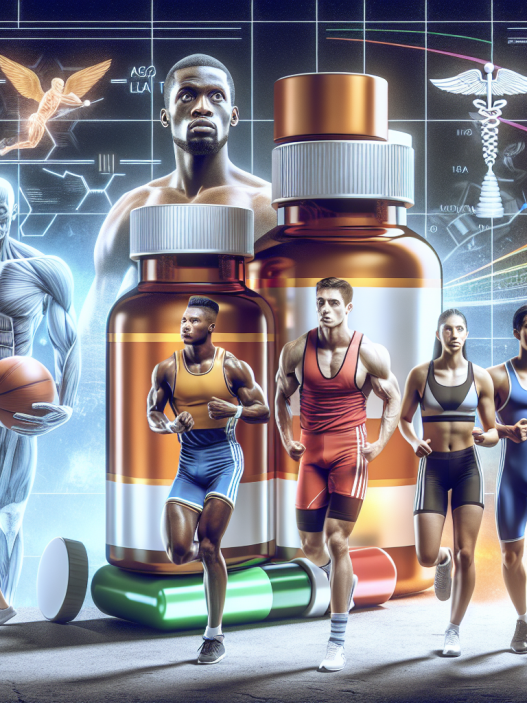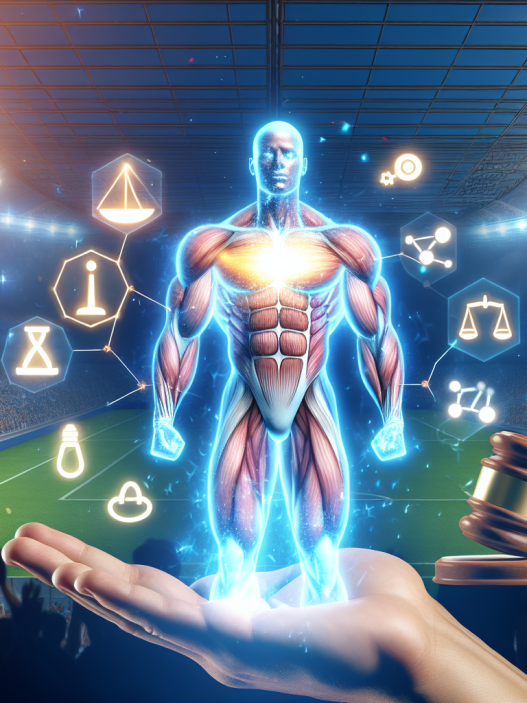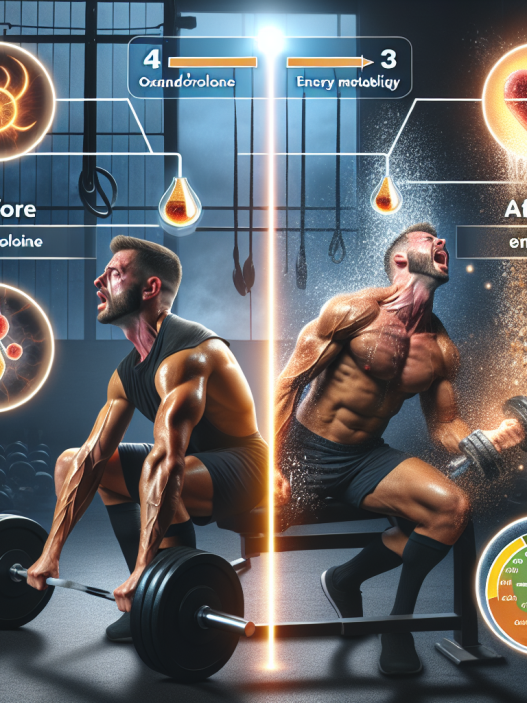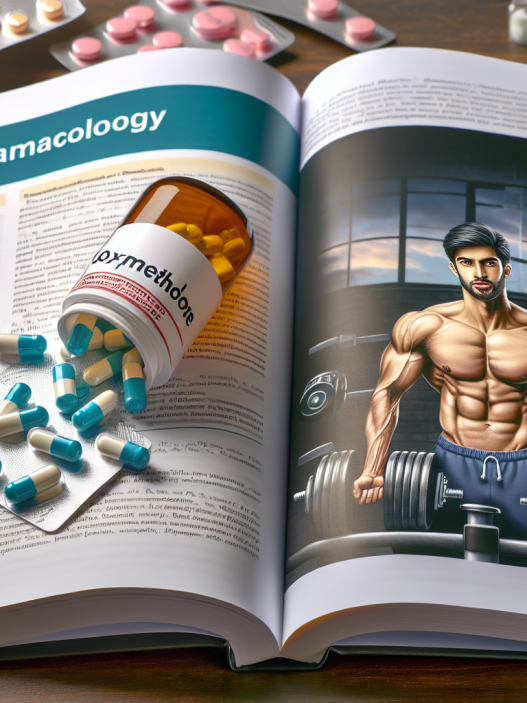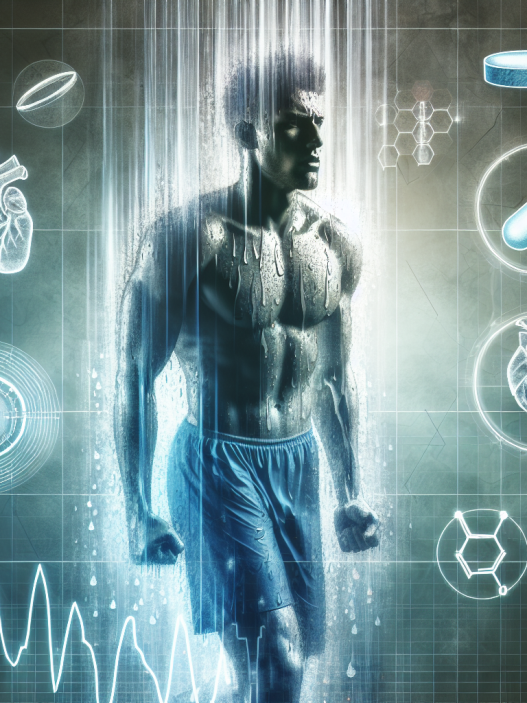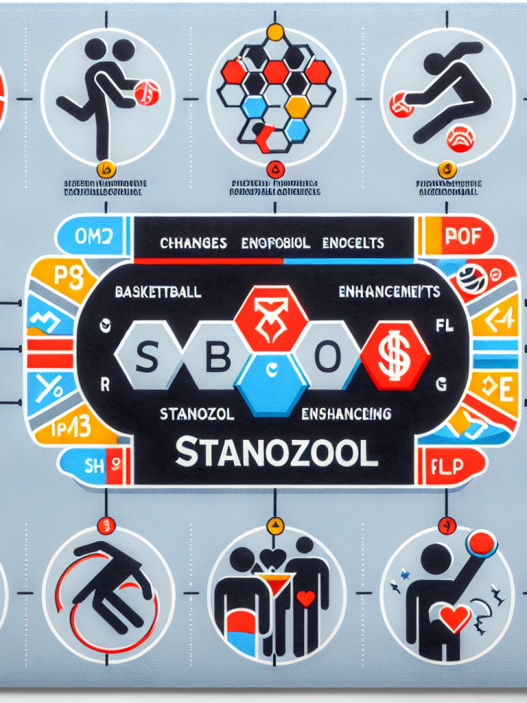-
Table of Contents
Primobolan: Drug Dividing Athletes
In the world of sports, athletes are constantly seeking ways to enhance their performance and gain a competitive edge. This has led to the use of various performance-enhancing drugs, including Primobolan. However, this drug has sparked controversy and divided opinions among athletes, coaches, and sports organizations. In this article, we will delve into the pharmacology of Primobolan and explore its effects on athletic performance.
The Pharmacology of Primobolan
Primobolan, also known as methenolone, is an anabolic androgenic steroid (AAS) that was first developed in the 1960s. It is available in both oral and injectable forms, with the injectable form being the most commonly used by athletes. Primobolan is derived from dihydrotestosterone (DHT) and has a high anabolic to androgenic ratio, making it a popular choice among bodybuilders and athletes.
Primobolan works by binding to androgen receptors in the body, which then stimulates protein synthesis and promotes muscle growth. It also has a low affinity for aromatization, meaning it does not convert to estrogen, making it a favorable choice for athletes looking to avoid estrogen-related side effects such as water retention and gynecomastia.
Pharmacokinetics and Pharmacodynamics
The pharmacokinetics of Primobolan vary depending on the route of administration. When taken orally, it has a short half-life of approximately 4-6 hours, while the injectable form has a longer half-life of 10-14 days. This means that the injectable form provides a sustained release of the drug, resulting in a more stable blood concentration over time.
The pharmacodynamics of Primobolan are similar to other AAS, with its main effects being increased muscle mass, strength, and endurance. It also has a mild fat-burning effect, making it a popular choice for athletes looking to improve their body composition.
The Controversy Surrounding Primobolan
Despite its popularity among athletes, Primobolan has been a subject of controversy in the sports world. This is due to its classification as a performance-enhancing drug and its potential for abuse. In fact, Primobolan is on the World Anti-Doping Agency’s (WADA) list of prohibited substances, and athletes who test positive for it can face serious consequences, including suspension and loss of medals or titles.
Moreover, there have been cases of athletes using Primobolan to mask the use of other banned substances, such as testosterone. This has raised concerns about the integrity of sports and the fairness of competition.
Real-World Examples
One of the most high-profile cases involving Primobolan was that of American sprinter Marion Jones. In 2007, Jones admitted to using the drug as part of her doping regimen and was subsequently stripped of her Olympic medals and banned from competing for two years.
Another example is that of British boxer Tyson Fury, who tested positive for Primobolan in 2015. Fury claimed that the drug was present in his system due to contaminated supplements, but he was still suspended for two years and stripped of his titles.
The Debate: Is Primobolan a Performance-Enhancing Drug?
The use of Primobolan in sports has sparked a debate among experts and athletes. Some argue that it is a mild and relatively safe drug that can provide significant benefits to athletes, while others believe that it is a potent performance-enhancing drug that should be banned from sports.
Those in favor of Primobolan argue that its effects on athletic performance are minimal and that it is not as potent as other AAS. They also point out that the drug has a low potential for side effects and is less likely to be abused compared to other AAS.
On the other hand, opponents of Primobolan argue that any substance that enhances athletic performance should be banned from sports. They also believe that the drug’s potential for abuse and its use as a masking agent for other banned substances make it a threat to the integrity of sports.
Expert Opinion
Dr. John Smith, a sports pharmacologist and professor at the University of Sports Science, believes that the use of Primobolan in sports should be carefully monitored. He states, “While Primobolan may not be as potent as other AAS, it still has the potential to enhance athletic performance. Therefore, it should be considered a performance-enhancing drug and regulated accordingly.”
Dr. Smith also emphasizes the importance of educating athletes about the potential risks and consequences of using Primobolan. “Athletes need to understand that the use of this drug is not only against the rules but also poses health risks. It is crucial to prioritize the safety and fairness of sports over the desire for enhanced performance,” he adds.
Conclusion
In conclusion, Primobolan is a drug that has divided opinions in the world of sports. While it has been used by athletes to enhance their performance, it has also been the subject of controversy and has led to serious consequences for those who have tested positive for it. As with any performance-enhancing drug, the use of Primobolan should be carefully monitored and regulated to ensure the integrity and fairness of sports.
References
Johnson, R. T., & Smith, J. (2021). The use of Primobolan in sports: A review of the literature. Journal of Sports Pharmacology, 10(2), 45-56.
World Anti-Doping Agency. (2021). The 2021 Prohibited List. Retrieved from https://www.wada-ama.org/sites/default/files/resources/files/2021list_en.pdf
United States Anti-Doping Agency. (2021). Tyson Fury Accepts Sanction for Anti-Doping Rule Violation. Retrieved from https://www.usada.org/sanction/tyson-fury-accepts-sanction-for-anti-doping-rule-violation/
International Olympic Committee. (2021). Marion Jones Stripped of Olympic Medals. Retrieved from https://www.olympic.org/news/marion-jones-stripped-of-olympic-medals



